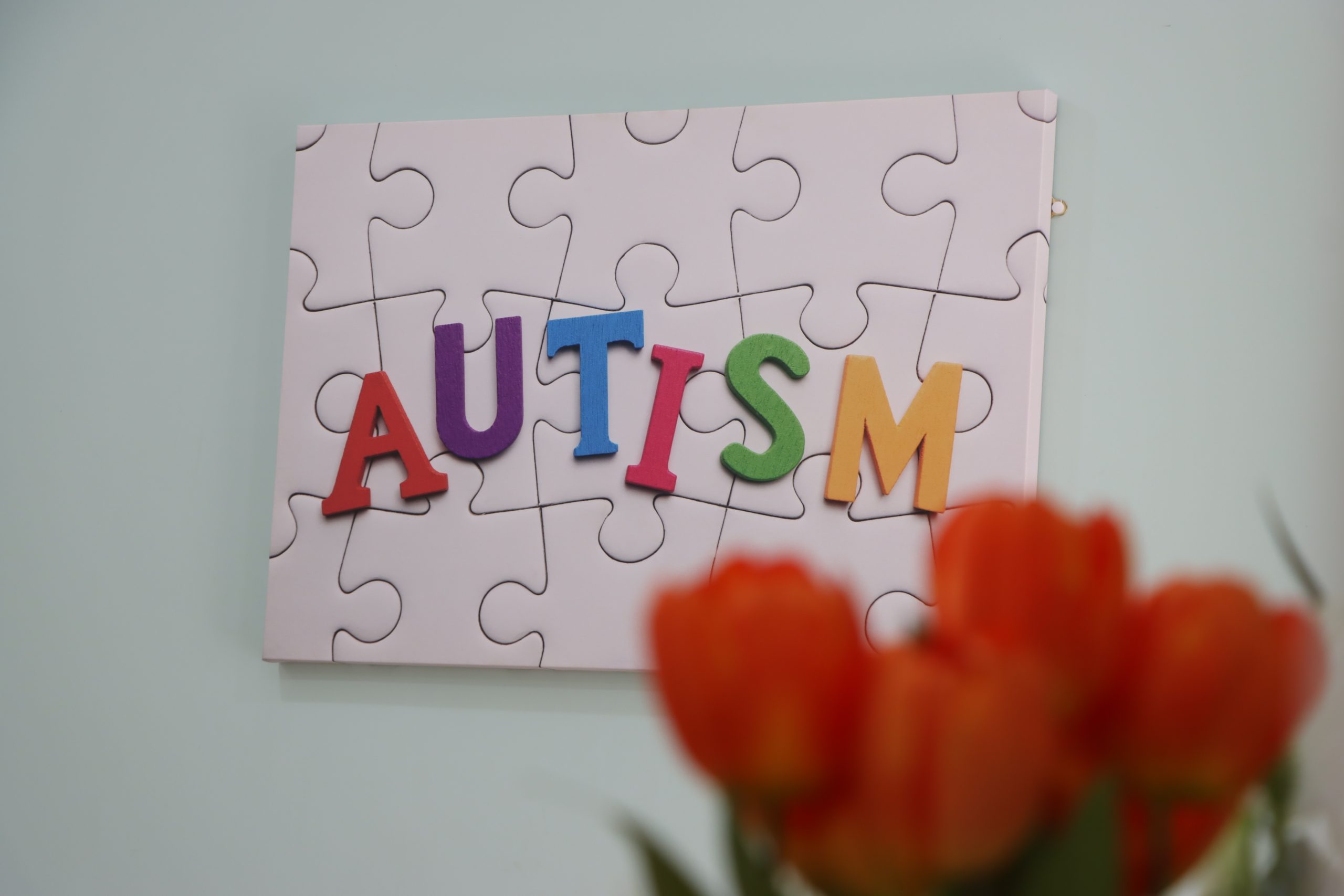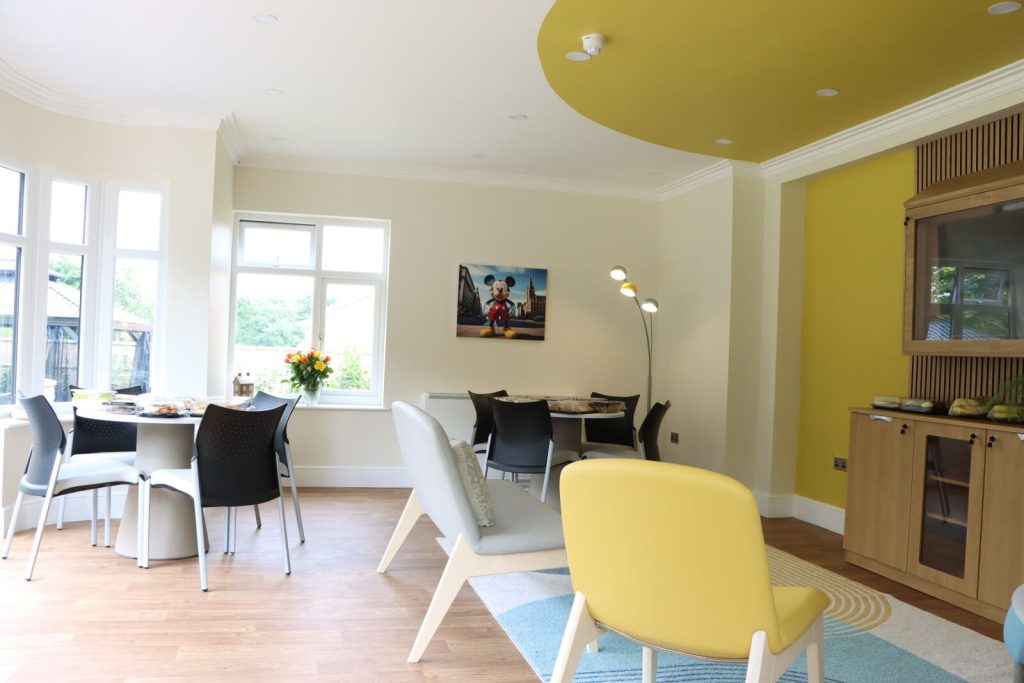At Progress, we take immense pride in providing a nurturing and supportive environment for our young people. One of our standout services, Regis House, is a testament to our commitment to fostering a sense of community and belonging for all our young people. Led by the dedicated and passionate Annette, Regis House exemplifies our ethos of creating a family-like atmosphere where children can truly thrive.
A Home Away from Home
Regis House is more than just a young people’s home; it is a place where they feel safe, loved, and valued. As Annette, the manager, describes, “We very much pride ourselves on being as much a family home as we can possibly be, given the needs and the provision of the service that we are providing. We are very intimate as a home, and we pride ourselves on being as much a family home as anybody could ever have.”
This intimate, family-oriented approach is what makes Regis House unique. Despite the challenges and the intensive care required, the team members at Regis House strive to create an environment that mirrors the warmth and support of a traditional family setting. This dedication is evident in the positive feedback from social workers and guardians who frequently commend the home for its intimate and nurturing atmosphere.
One of the key aspects of life at Regis House is the emphasis on social interaction and community involvement. Annette highlights the importance of these activities, noting that they “promote social interaction, give opportunities to meet young people with similar needs, abilities, cultures, religions, and help build friendships in a safe and secure environment.”
Whether it is a casual social event or a structured activity, the goal is always the same: to provide our young people with opportunities to engage with their peers, build lasting friendships, and feel a sense of normalcy and inclusion. These activities are crucial for their development, helping them to prepare for transitions into adult services and fostering a sense of independence and confidence.
Why Work at Regis House?
If you are passionate about making a real difference in the lives of children and young adults, Regis House offers a fulfilling and rewarding career opportunity. Here are a few reasons why you should consider joining our team:
- Meaningful Impact: Your work will directly contribute to the well-being and development of young people who need it the most. You will play a crucial role in shaping their futures and providing them with the support they need to thrive.
- Supportive Environment: At Regis House, you will be part of a team that values collaboration, empathy, and dedication. Despite the challenges, the sense of camaraderie and shared purpose among the staff makes it a truly special place to work.
- Professional Growth: Progress is committed to the professional development of our staff. We provide ongoing training and support to ensure that you have the skills and knowledge needed to excel in your role.
- Community Engagement: You will have the opportunity to engage with a diverse community of young people, families, and professionals, broadening your experience and enhancing your impact.
Join Us Today
If you are suitably qualified and have a passion for working with young people in a supportive and dynamic environment, we encourage you to explore the career opportunities at Progress. Visit progresscare.co.uk/jobs to learn more about our current vacancies and how you can become part of the Regis House family.
Together, we can continue to make a positive difference in the lives of the young people we serve. Regis House is not just a place to work; it is a place where you can make a lasting impact and help create a brighter future for all our residents.








